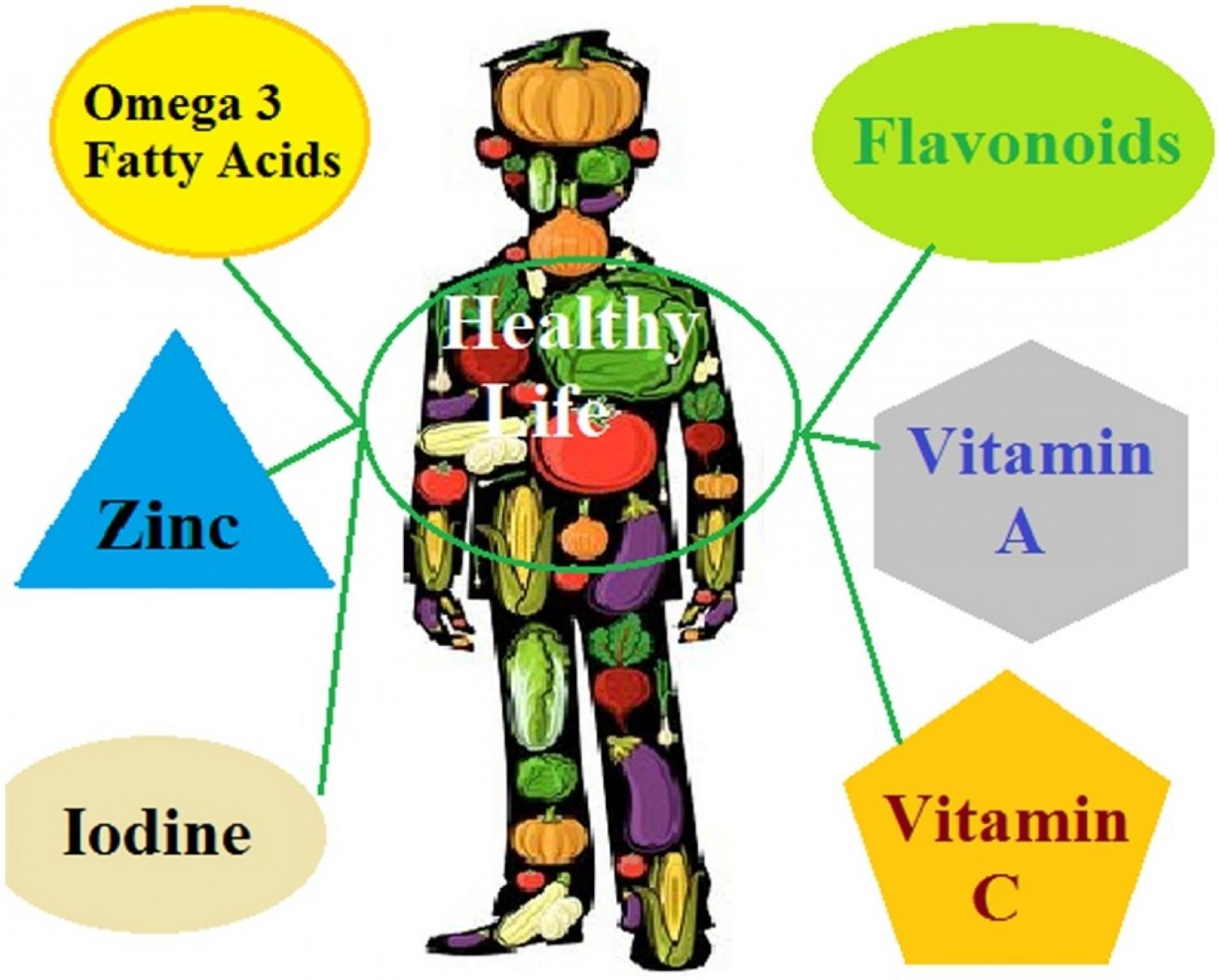
Elsevier, PharmaNutrition, Volume 19, March 2022
Background: Malnutrition is a serious condition that develops when the human body is deprived of or does not obtain the right amount of vital nutrients like vitamins, minerals, proteins, carbohydrates, lipids and some other essential substances that the body needs to function. It can have a significant impact on people's health including stunted growth, low body weight and muscle wasting. Purpose: This study is aimed to determine the factors that could cause malnutrition in humans, something that is considered as a major global issue nowadays and is associated with negative aspects on patient's activities. Methods: Electronic searches were conducted on the Google Scholar database, Medline and PubMed up to the 11of December 2021. All studies reporting an association between foods and malnutrition were included. Results: The search yielded 637 references, included 52 clinical trials, 11 meta-analysis, 45 randomised clinical trials (RCT) and 201 reviews. Among the manuscripts, 25 studies provided evidence for the association between malnutrition and micronutrients. The results showed that in addition to insufficient intake of the essential nutrient, several chronic diseases including gastrointestinal tract diseases, cancer and sometimes post-surgery complications are also associated with malnutrition. Conclusion: Only a limited number of studies reported a direct link between functional foods and malnutrition, which all agree that there is clear evidence in favour of functional foods being effective in preventing and reducing the impact of malnutrition. Other studies looked at for this review would suggest that they may even be effective in improving the quality of life.
